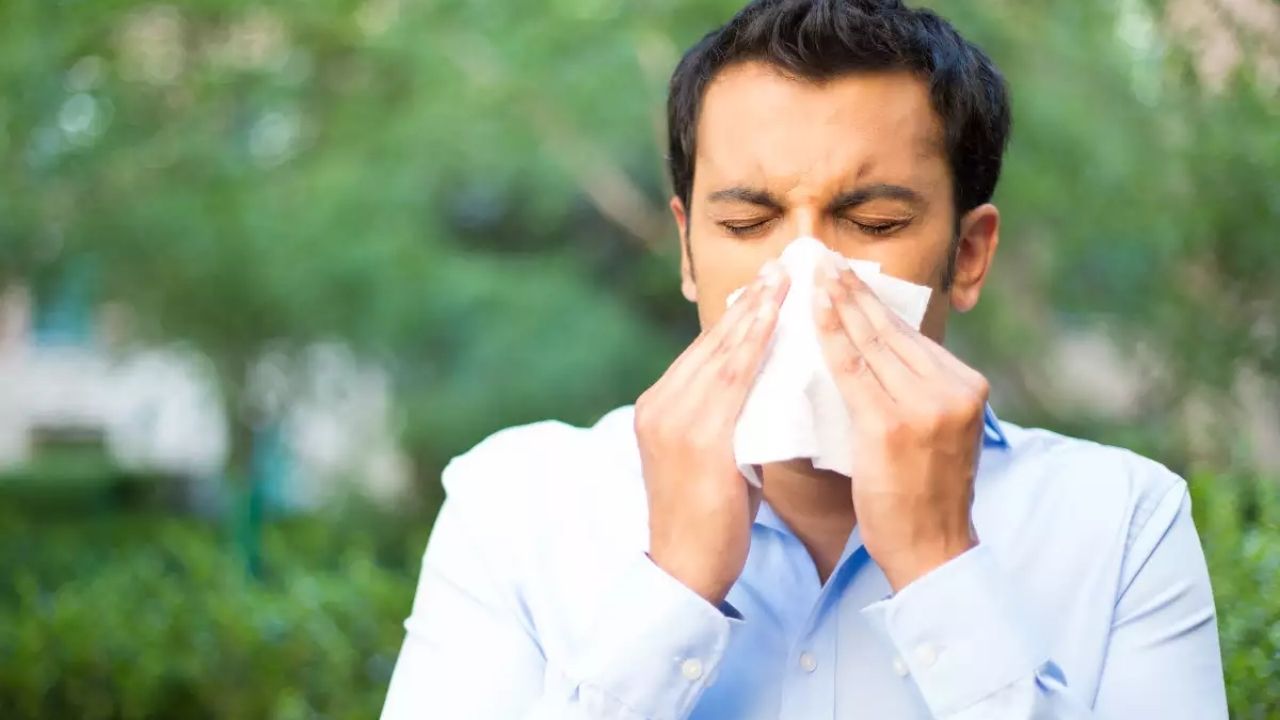If by opening your curtains in the morning or brooming your house causes you to sneeze badly, then you might be suffering from a dust allergy. Dust allergy or dust mite allergy causes people to display signs of cold and even asthma. Micro bugs, called Dust mites, that live in the dust pull this allergic response. Dust mites are related to ticks and spiders and they feast on your dead skin cells. Common places they can be found are on beds, furniture and carpets.
Symptoms
If your occupation exposes you to constantly being around dust, then you can develop a dust allergy. Otherwise, dust allergy is common in kids and adolescents. Similar to the pollen allergy, dust mite allergy shows the same signs. Runny nose, sneezing, watery eyes and itchy eyes and some of the most common symptoms of dust allergy.
Treatments
ProtectionWear a mask when you get near dust or are doing any activity that exposes you to dust. Mask have the ability to hold off the dust mites from entering your nose and causing the allergy.
ImmunotherapyWith immunotherapy, one gets an allergy shot. This will help train your immunity to not react aggressively when exposes to dust mites.
Nasal CleansingJal Neti is an Ayurvedic way to clear your nasal pipe from dust and allergies. All you need is a Neti Pot, warm water and salt. Perform this ayurvedic procedure and cleanse your nasal pipe.
HoneyHoney is a great way to reduce your signs of allergy. Having 2 tbs of honey every day can help your body build up its immunity to tackle various allergies.
GheeDust allergy is going to send you into a frenzy of sneezing. To reduce your sneezing have some ghee. Ghee is anti-bacterial in nature which can reduce your sneezing fit.

 If by opening your curtains in the morning or brooming your house causes you to sneeze badly, then you might be suffering from a dust allergy. Here's how you can overcome them.
If by opening your curtains in the morning or brooming your house causes you to sneeze badly, then you might be suffering from a dust allergy. Here's how you can overcome them.









.jpeg)

.jpg)







.jpeg)



.jpg)


.jpg)




.jpg)


